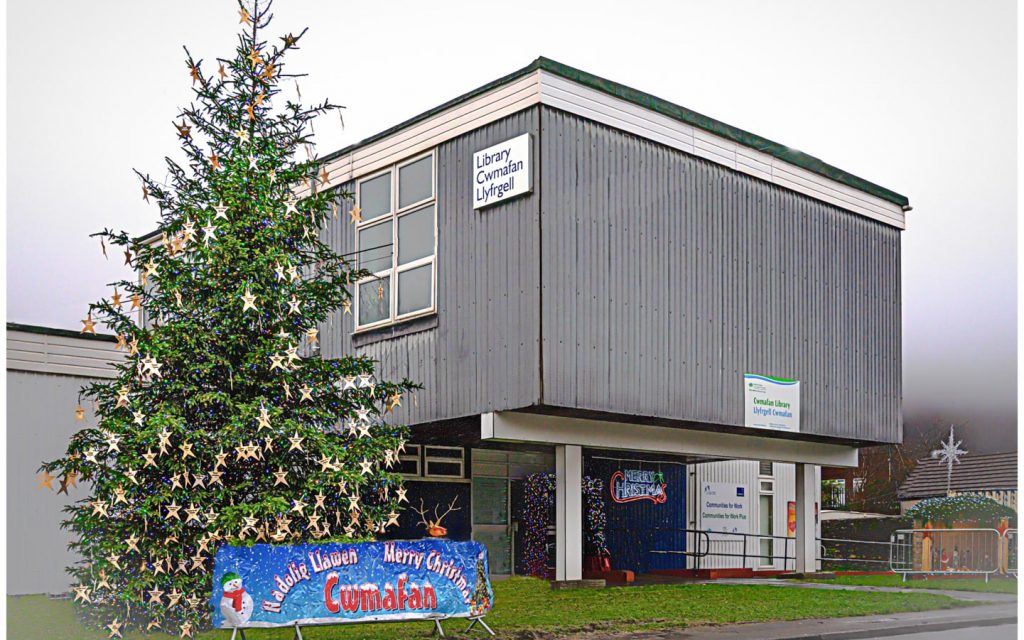 Subscribers Only
People
Subscribers Only
People 
Will IPads, netbooks, Kindles and e-books be the death of the public library? That was the question explored by Prof. Sir Deian Hopkin, President of the National Library of Wales, at the Bevan Foundation’s annual lecture last Friday.
The rapid development of technology comes at a time when there is considerable pressure on libraries from spending cuts. Although Wales hasn’t seen (yet?) cuts on the scale of those in England, they are nevertheless, as a non-mandatory service, an easy target, with the digital age providing a ready rationale for the chop.
Deian Hopkin reminded us that public libraries have their origins in the education of the poor, who could not afford to buy books. Carnegie libraries across Wales remind us of that time. Today, people on low incomes are as excluded from digital resources as they were from books a century ago. 41% of people from lower socio-economic groups have access to the internet he reminded us. Rather than being a reason for closing libraries, the digital age is a very powerful reason for keeping them open.
This is not to say that libraries are ok as they are – they clearly need to change to embrace digital media. A row of outdated PCs that are only available for 30 minute, pre-booked slots, and which restrict access to certain sites and prohibit use of memory sticks to save files is pretty standard in libraries. But this is woefully inadequate, especially as the focus shifts to mobile devices like phones and tablets – always-on, in-your-pocket, mini-computers.
Deian Hopkin suggested that libraries need to re-invent themselves as “ideas shops”, integral to the community. While it’s easy to see how this can be done in cities, e.g. in partnership with developers, he acknowledged it was much more challenging in less populated places.
Already, there are some innovative ideas in Wales, such as the health library being set up in a GP’s surgery in Cardiff and “books on prescription” being offered in some practices. There’s much more could be done, but it needs a sense of priority and urgency.
Deian Hopkin concluded that libraries have a vital role to play now and in the future. Critically, he saw libraries’ role being improving the education of everyone, and particularly people from disadvantaged groups, not a cultural luxury.
As the next round of spending cuts kick in, it remains to be seen if our politicians can see this potential.
Victoria Winckler is Director of the Bevan Foundation


